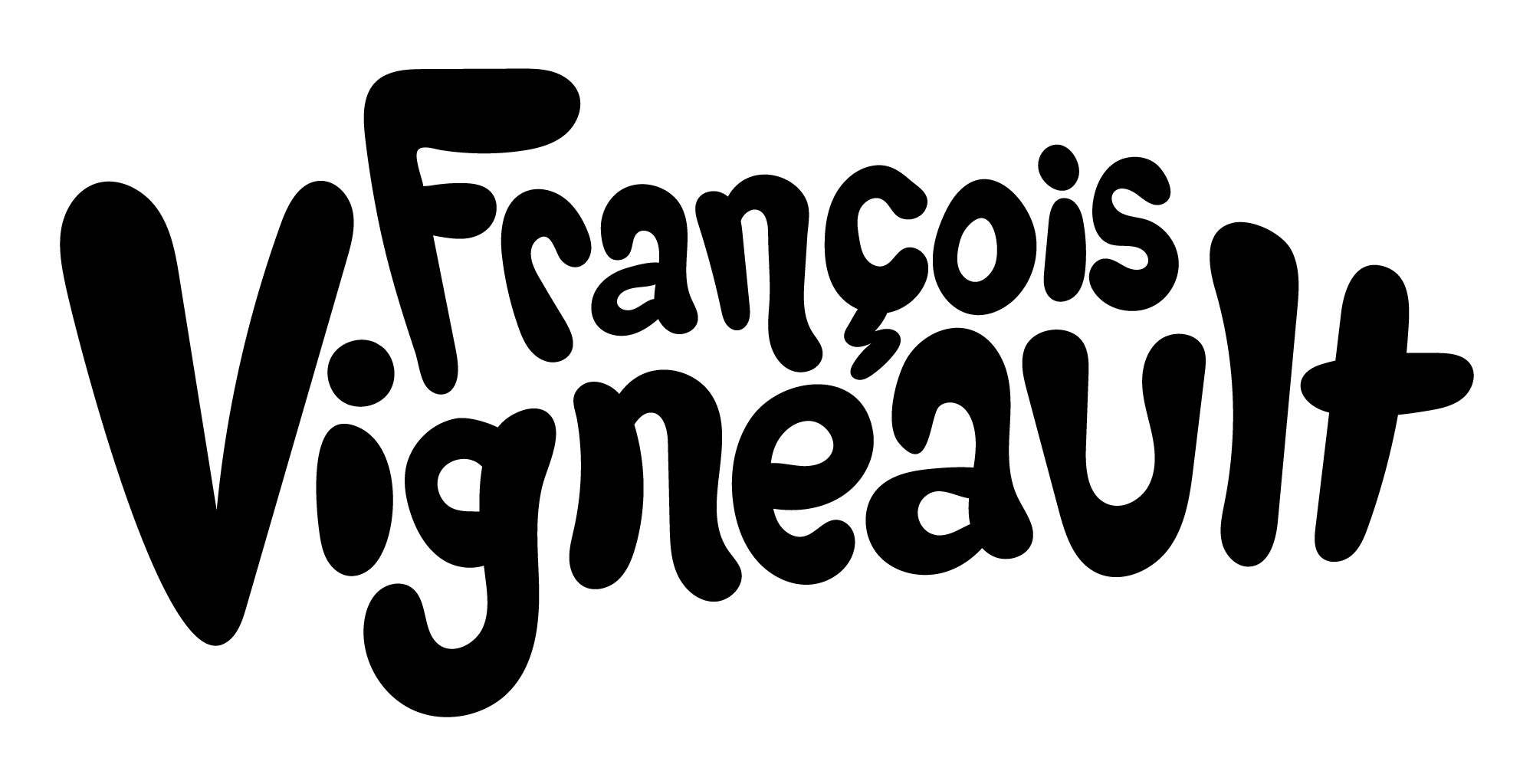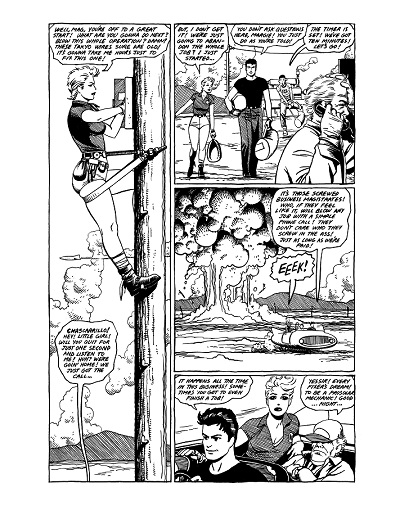“We Never Learned That We Shouldn’t Be Doing This” — A Conversation with Los Bros Hernandez
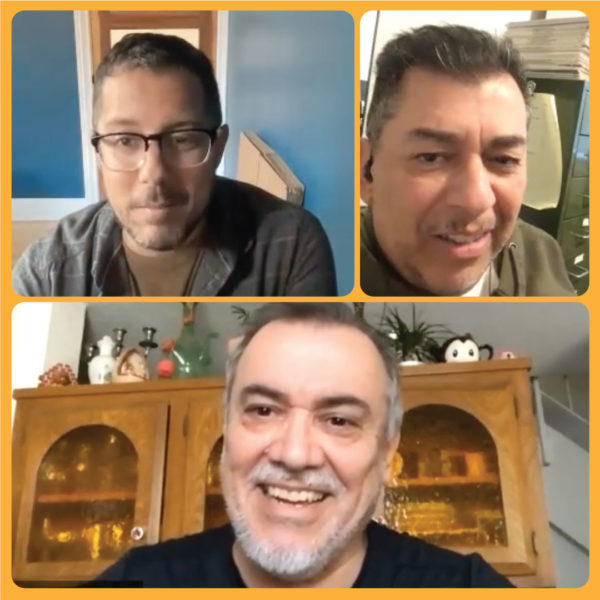
I recently had the pleasure of chatting via video call with Jaime and Gilbert Hernandez to discuss the recent 40th anniversary of their seminal sci-fi/punk/indie/Latino/everything series Love & Rockets and the release of the massive Love & Rockets: The First Fifty box set from Fantagraphics. I’ve been reading Los Bros’ work for about three decades now, and they had a HUGE influence on my view of what comics could be and what kind of stories the medium can encompass. As a young punk (and comics nerd, and mixed-race kid) coming of age in Southern California, their modern, multi-cultural, multi-genre stories really spoke to me, and solidified my burgeoning desire to create my own work in the medium (I also eventually went on to write my undergrad thesis on Jaime’s Locas stories). It was a real delight and an honor to talk with these comic book giants, and our conversation touched on all kinds of subjects, from where to start with their sprawling narratives (“Just follow the girls”) to the Bros’ occasional frustrations with “small-minded nitwits out there that are running things.”
Below is a short excerpt from our conversation, for the full interview head on over to Broken Frontier!
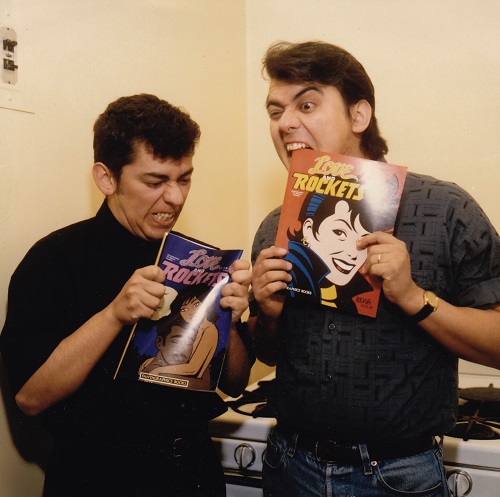
GH: What I think is really special about what Jaime did, is Jaime started out with a lot of detail, a lot of just, likability of looking at a comic book. He just had that going on, and it was science fiction-y and this and that, with light humor. What I think is remarkable is that he didn’t go that way, to be a big famous artist. He went inside to the characters and used that skill that could’ve worked at Marvel or wherever else if he wanted to. But what he did was he used that skill to tell human stories. And that’s something that was not encouraged in comics. To have Jaime’s skill to draw, you know, as well as he did, and use it for humanistic stories and not be, you know, whoever’s doing the new Spider-Man or whatever. I think that that took a lot of strength in a way that he may not have been aware of at the time.
JH: Yeah. It always seemed more important to me, like he said, to use my strengths to tell what I wanted to tell. I never thought of really using it for someone else, you know? It was always for me, like, “Oh, okay, I have this gift of drawing pretty well, so I get to draw what I want.” So it was always, for me, my stories. It’s something I had never really thought about, ‘til he brought that up. It’s almost like I didn’t know that “I coulda been somebody!” you know?
GH: But you would’ve been miserable though.
JH: Oh, I can imagine. Yeah.
FV: It’s a cliche to say it this way, but it’s very much, like “Don’t sell out,” right? We all wanna make some money, but both of you have been true to your artistic vision, for 40 years, you know, straight up doing what you want to do, no matter where that takes you. If that’s popular or not, you’re following your muse as it were, wherever it might go. To me that seems very connected with the DIY ethos, the artistic ethos, the punk ethos.
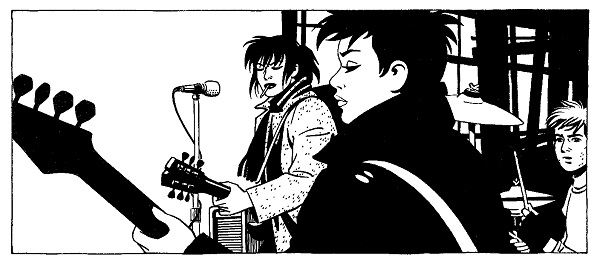
JH: And here’s another funny side note. The few times I did try to sell out to make money, they didn’t want me.
GH: Yeah. That’s the truth of it.
JH: I was like, “Oh, okay. When I’m outside of my Love & Rockets world, I’ll just be used for something.” You know, it’ll be, “Go over there and draw three straight lines,” and stuff like that.
And I go, “Oh, I thought you wanted my ‘genius!’” Apparently not, you know?
